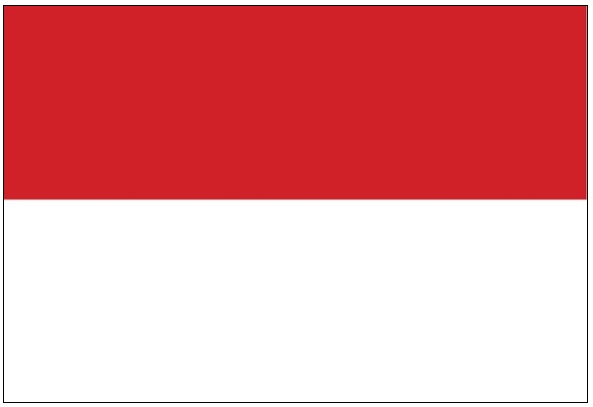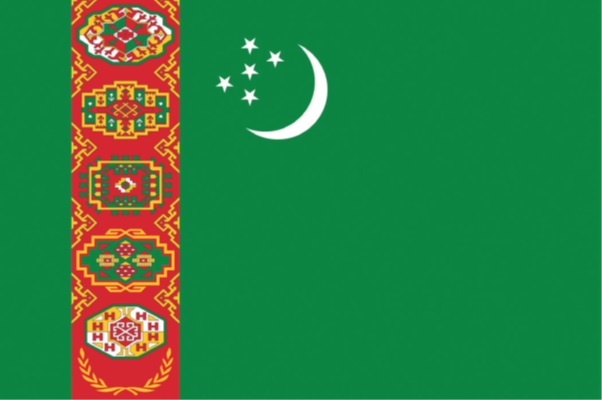Casino Life Magazine Exclusive Gaming Legislation Update Report on Indonesia, Malaysia and Turkmenistan
Malaysia
The attitude towards gambling and games of chance in general is quite diverse in Malaysia, bearing in mind the ethical and religious diversity of the country, in which Muslims are the dominant religious group. Gambling is quite popular in the territory. Even certain forms of games of chance such as lotteries, horse racing and casino games are legal, while any kind of sports betting or online gambling is prohibited.
Games of chance in the territory are governed by four main laws, the Betting Act from 1953, the Common Gaming Houses Act of 1953, the Racing Act from 1961 and Sharia law (applicable only to the Muslim population). Currently in the country there are six (private) lottery operators, three horse racing tracks and only one land-based casino/resort. All of these are off limits for the Muslim population and persons under the age of 21. Operators may organize the games of chance in the territory only if a license or permit has been granted by the authorities: the Unit Kawalan Perjudian (Betting Control Unit) of the Ministry of Finance.
Notwithstanding the fact that legislation is outdated and that online gambling is illegal in the territory, this market is quite developed since the population is mostly young and highly skilled in new technologies. All major, online gambling sites operate and accept wagers from the players in Malaysia. At the same time, the government is using all available tools to thwart access to these web sites by IP and payment blockage—or even arrests, which occurred in the beginning of 2023.
The Malaysian government announced in 2021 that it will begin working on a new legislative framework, one which would address the status and development of the industry. However it remains to be seen what the future approach towards games of chance in general, and even more specifically, online gambling will be. Bear in mind that there will be the kind of political changes such as those which occurred after the elections in late 2022. At that time, conservative political options won the majority vote as well as the country’s dual-system of law – the Sharia-governed Syariah Courts for the nation’s Muslims (over half of the total population) and the secular courts.
Indonesia
Bearing in mind that the majority of its huge population (over 200 million people) is Muslim, all forms of gambling in Indonesia are illegal as prescribed under the Sharia law. Therefore there are no operators nor any establishments of games of chance in the territory. Given the accessibility of online games of chance (which are illegal in the territory but very popular amongst the population), the country’s police and other law enforcement agencies put in considerable effort to prevent them. These attempts go beyond the usual blockage of websites and can even expand to searches of private mobile phones by the authorities.
Most recently, the government announced that it will work with telecommunications providers to identify and block promotion of games of chance. It aims to block gambling-related web sites and social media posts within 24 hours of their being discovered. At this point in time there are no indications that the approach of the authorities will change. Thus it is to be expected that technological development will be used for prevention of gambling in the territory.
Turkmenistan
In comparison to other central Asian countries with Muslim populations, Turkmenistan has a somewhat liberal view of games of chance in the territory. Casinos are legal in Turkmenistan since 1999, according to the Law on Licensing of Some Types of Activity (as amended), which is the main piece of gambling legislation. Nonetheless, due to economic reasons, the gambling sector in the country is not that developed.
All forms of Internet gambling are officially illegal in Turkmenistan since 2016 under the provisions of the Law on Advertising. However, all global online operators provide their services in the territory since the enforcement of IP blockage is not that efficient, and is currently focused on other forms of online activities and publications. Also, based on publicly available information from 2022, less than 50 percent of the population had Internet access, which in a way simplifies the work for the authorities. Notwithstanding this, players are currently not prosecuted for playing on international (unlicensed) gambling websites.
DISCLAIMER: Law Firm Anđelović, Siketić & Tomić d.o.o. wish to avoid inaccuracies and, whilst every precaution has been taken to ensure that information contained in this report is accurate, no liability is accepted for errors or omissions, however caused

































